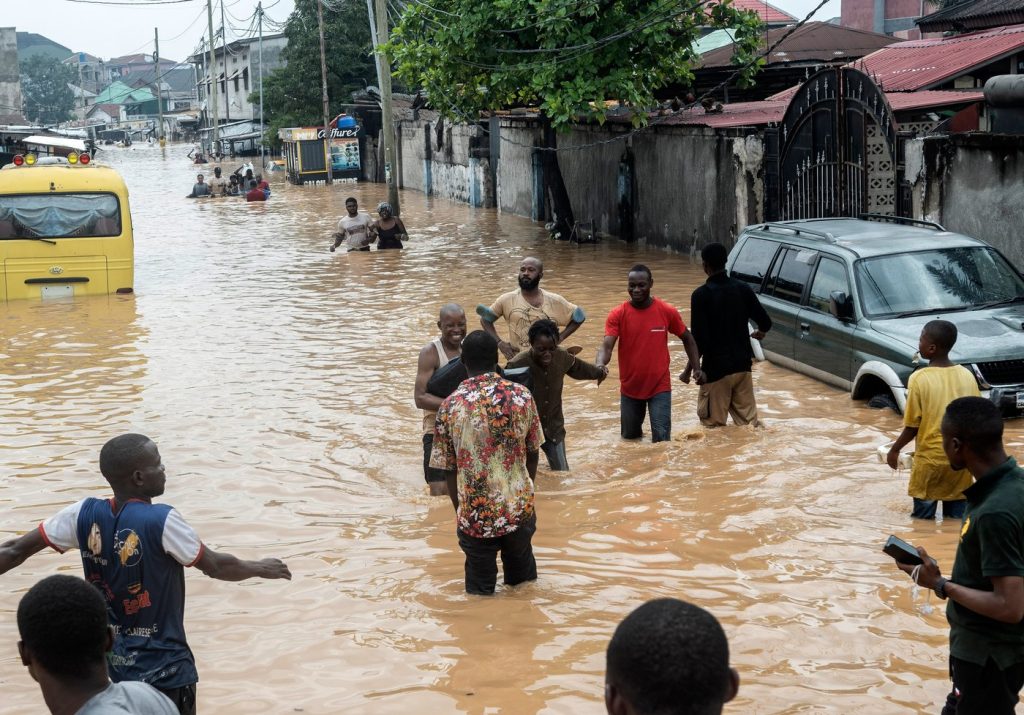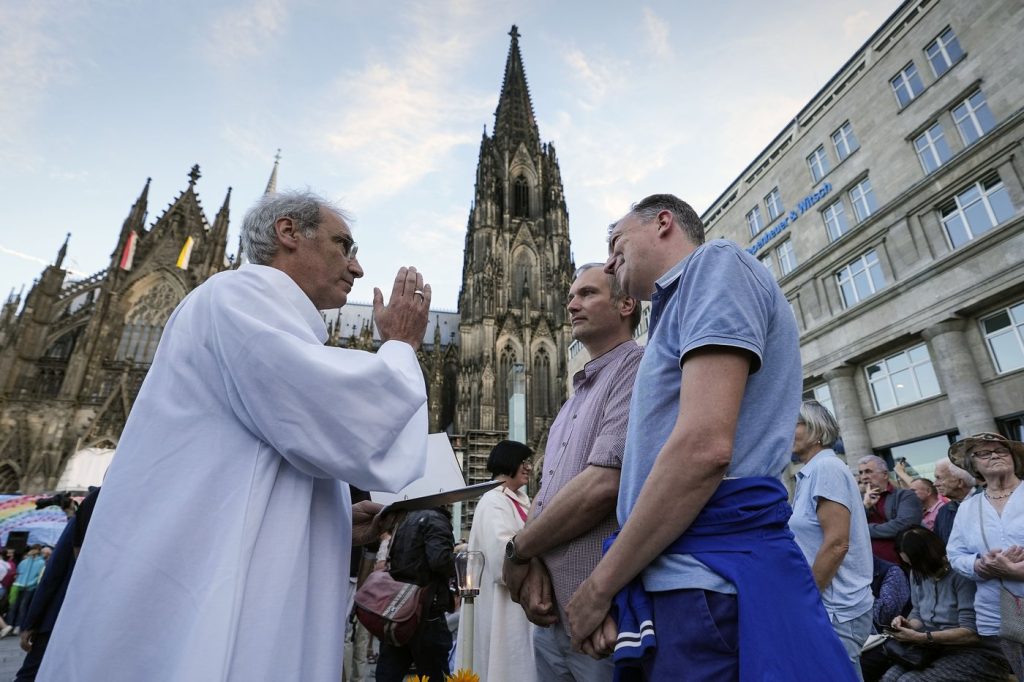On May 9, 2025, a significant event unfolded in Rome as six U.S. cardinal electors gathered to discuss the election of the first U.S.-born pope, Cardinal Robert Prevost, who took the name Pope Leo XIV. The atmosphere was lively, with speakers celebrating with American songs like "Born in the U.S.A." and "American Pie" at the Pontifical North American College, an institution for U.S. seminarians situated close to St. Peter's Basilica.
Cardinal Joseph Tobin of Newark, New Jersey, recounted the moment just after casting his vote, noting the emotional weight felt by Prevost as he prepared to accept the papacy. Tobin expressed a sense of prayerful solidarity with Prevost, highlighting how his acceptance of the position seemed as if it was destined for him. The cardinals emphasized that while Prevost’s American origins contributed to a sense of pride, his global experiences as an Augustinian and his ministry in Peru made him a "citizen of the world."
Cardinal Timothy Dolan of New York expressed that Prevost's election instilled pride and gratitude among the U.S. cardinals. However, many pointed out that his qualifications stemmed more from his extensive ministerial experience than from his nationality alone. Cardinal Robert McElroy of Washington remarked on Prevost’s missionary spirit, portraying his life’s journey as one of bridging connections across cultures and nations.
In discussing the potential impact of Pope Leo XIV on international relations, several cardinals noted his ability to connect with world leaders, including U.S. President Donald Trump. This relationship is particularly significant, given the mixed history of U.S. Catholic bishops and the Trump administration regarding immigration issues. Cardinal Wilton Gregory mentioned the focus during the conclave was on finding a leader capable of uniting the Church and strengthening faith in a world where it has dwindled.
The conclave saw a substantial U.S. representation, with ten voting cardinals participating—second only to Italy. Among them were prominent archbishops like Blase Cupich of Chicago, Dolan, McElroy, and Tobin, alongside archbishops emeritus Gregory and Daniel DiNardo of Galveston-Houston, Texas. The cardinals stressed that this event should be seen as a profound spiritual choice rather than a mere political campaign.
Cardinal Dolan humorously reflected on the conclave process, suggesting that the brevity of their deliberations might have been influenced by their initial meal. Nonetheless, he recognized the importance of discernment and the grace of God in their decisions. Cardinal Cupich summarized that the conclave's experience demonstrated the potential for unity, hoping this spirit of cooperation could extend beyond the Church into the wider world.
As the cardinals looked forward to Pope Leo XIV’s blessing to the public on May 11, Dolan remarked on the excitement felt in St. Peter's Square when the announcement of the new pope rang out. The moment marked another chapter in the long history of papal elections, highlighting the collective reverence and joy surrounding this pivotal transition for the Catholic Church and its global community of 1.4 billion faithful.












